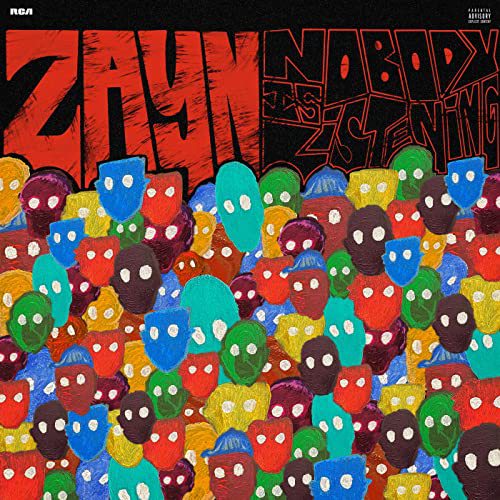From an early age, William Hersh had always been aligned with the sciences, as one might expect from a renowned organic chemist. However, the sciences are not the only endeavors he has pursued in his past. As an undergraduate student, Hersh was a part of a band and played the saxophone while touring in Europe one summer in July. He still continues to play the saxophone to this day.
When speaking to Hersh about how where his interest in chemistry came from, he reflected on his time in high school. As a tenth grader, Hersh mentioned his interests in Chemistry came from his Chemistry teacher, a woman who studied geology in college. Additionally, his participation in a summer program sponsored by the National Science Foundation contributed to his interest in the subject. This further led him to obtain multiple degrees from multiple Ivy League schools as well as spend time abroad in Europe studying and touring.
Now, after 30 years at QC, Hersh reflected on differences among students at QC and how his experiences at other schools, like UCLA, have taught him more about the importance of mentorship and its impact on students.
“Mentors are really key places in what you do,” Hersh said. He studied under influential chemists, including Thomas Katz from Columbia University, where Hersh also received his doctorate degree from.
As a current mentor, Hersh most noticeably felt his impact on his students at QC. He said how working with students from diverse backgrounds is amongst the most enjoyable parts of his career. Through his research lab, he is able to develop relationships with his students that stem beyond the interaction during a lecture.
Hersh said that he is able to learn and experience the different obstacles students face, such as having parents that are unfamiliar with the college system or that do not speak English as a first language. Hersh described himself as a “surrogate parent” to the students in his lab.
“The only way you can learn how to do science is through a research lab,” Hersh said. His emphasis on research not only concerned science but also life skills. “Chemistry teaches you to pay attention to details. Not ignoring details is a life skill” he said.
Over his many years at QC, Hersh has experienced many changes within the CUNY system that impact his research labs and the labs of many other faculty. The funding of CUNY has decreased significantly during his years here, which have affected the dynamics of programs at QC in multiple ways. The number of full-time staff in the chemistry department alone have decreased significantly over the years.
Hersh’s involvement in research has shifted multiple times throughout all his years of study. During his undergraduate years, he was involved in making isomers of the IR and UV spectra for butadiene. Later on, his focus shifted to organometallic chemistry – the study of the carbon of an organic compound bonded to a metal. Currently, Hersh’s research revolves around phosphorus chemistry and developing nonviral ways to administer gene therapy.
“Any job you get, you have to be flexible,” Hersh said. “Nothing in the work world is static”. His travels, his experiences, and his passion have all impacted him and continue to impact the lives of his students through him.














